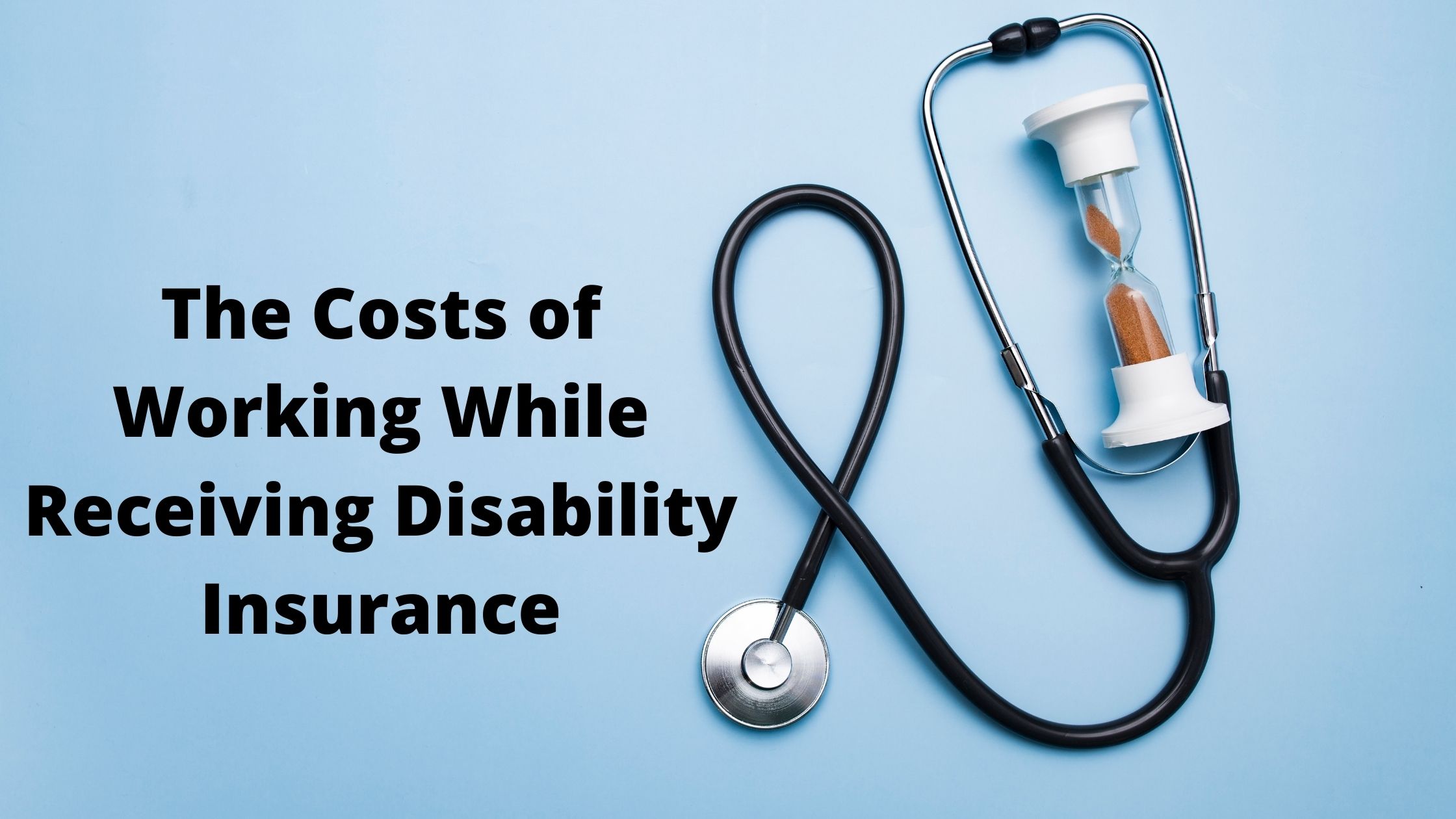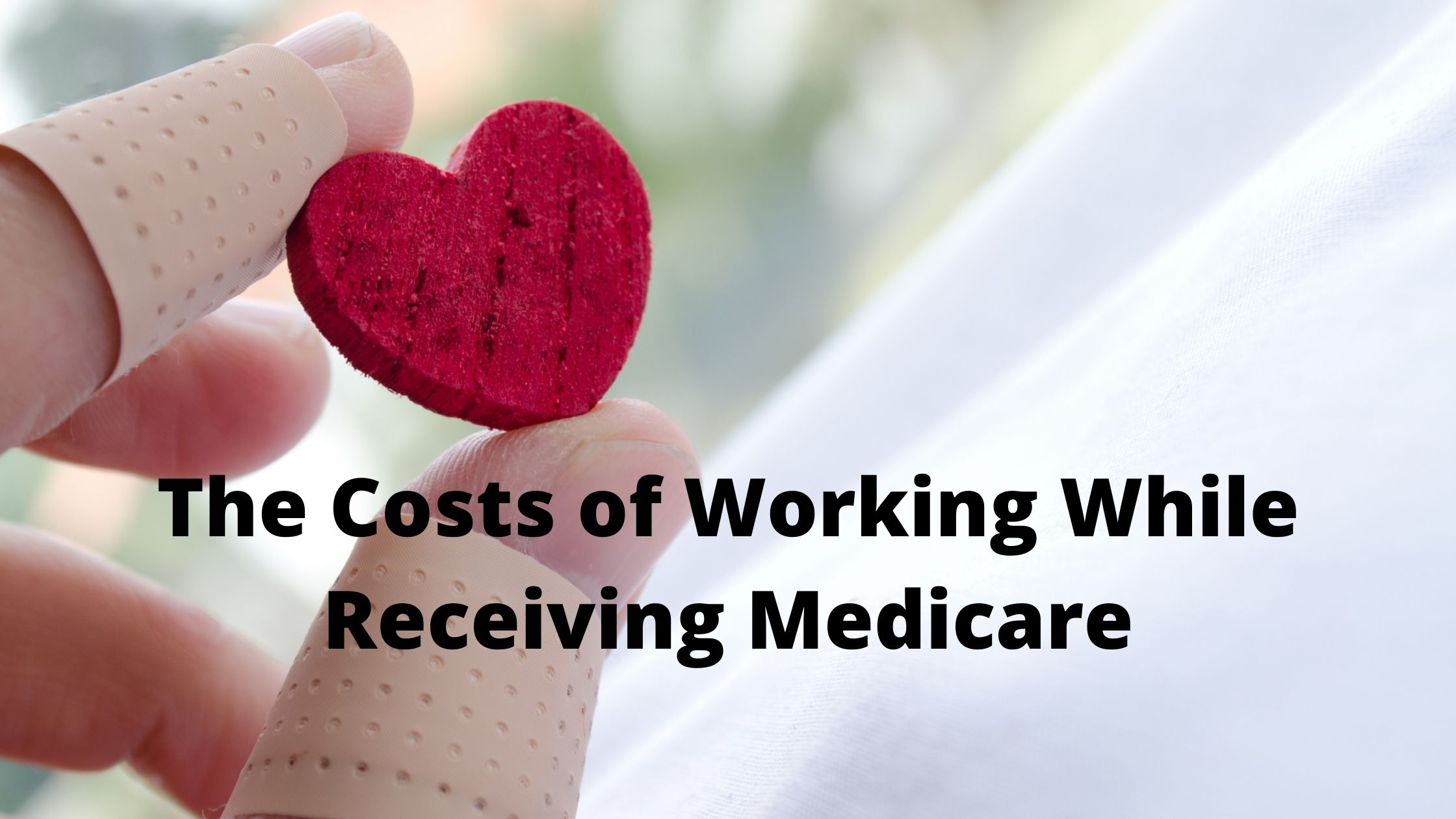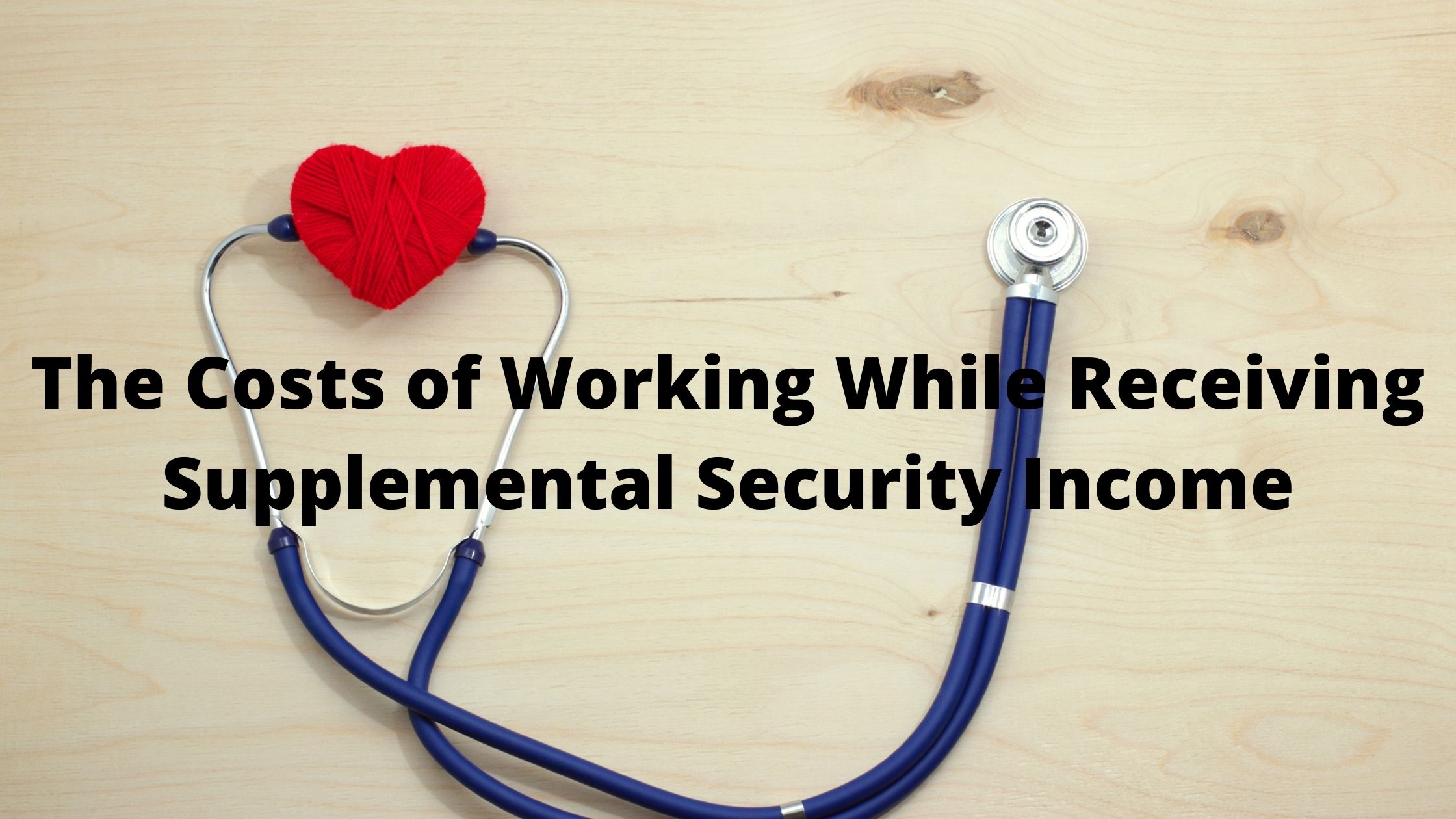Medicare is a government-run health insurance program that provides benefits to people age 65 and over, as well as some people with disabilities. Social Security is a government-run retirement program that helps retired workers and their families get income during their retirement years.
Both Medicare and Social Security have two main parts: Part A (hospital) coverage and Part B (medicares). In this article, we’ll focus on Part B – medicare supplements.
Medicare supplements are extra payments you receive from Medicare to cover the costs of health care that you might not be able to afford on your own. There are three types of Medicare supplements: Medigap plans, which are private insurance plans that work together with Medicare; Medicare Advantage plans, which are private plans offered by hospitals and other providers; and HMOs, which are health maintenance organizations.
In 2017, the average cost of a Medigap plan was $14,000 per year, the average cost of a Medicare Advantage plan was $12,000 per year, and the average cost of an HMO was $10,000 per year. In addition to these costs, there are taxes that you’ll need to pay for each type of plan. The taxes for
The Costs of Working While Receiving Medicare/Social Security
As people age, they may find themselves needing to work in order to maintain their income and Social Security benefits. However, this can come with a cost – both financially and medically. Here are four ways working while receiving Medicare/Social Security can affect a person’s health:
1. Reduced lifetime pension benefits.
If a person is working while on Medicare/Social Security, they may not be able to receive the full benefit that they’re entitled to. This is because the income that someone earns from working will reduce their lifetime pension benefits – something that many retirees count on.
2. Increased risk of cardiovascular disease.
People who are working while receiving Medicare/Social Security may be at increased risk for cardiovascular disease due to the increased stress of working. This increased stress can cause the body to produce more harmful chemicals, which can lead to heart problems down the road.
3. Reduced quality of life.
Working can also cause a person’s quality of life to take a hit. This is because long hours at work can lead to fatigue and other physical problems, as well as reduced time for social activities. In addition, working while receiving Medicare/Social Security can lead to
The Costs of Working While Receiving Supplemental Security Income
Supplemental Security Income (SSI) is a program that provides income to people who have disabilities and are unable to work. SSI is also available to people who are age 65 or older and have limited income.
According to the U.S. Department of Labor, supplementing your income with SSI can be a cost-effective way to improve your quality of life. This is because SSI payments provide enough money to cover basic expenses, such as food, housing, and transportation. Additionally, SSI payments can help you save money on groceries and other bills, and they can also reduce your risk of poverty.
If you are working while receiving SSI benefits, keep in mind that your earnings will count towards your eligibility for the program. In addition, you may be required to pay taxes on any income you earn while receiving SSI benefits. The amount of taxes you pay depends on your income level and whether or not you are eligible for the earned income credit.
Finally, remember that you must apply for SSI each year if you want continued benefits. If you stop working while receiving SSI benefits, your benefits may end and you may need to find another source of income.
The Costs of Working While Receiving Disability Insurance
Working while on Social Security or Medicare can have a significant impact on your financial security.
Here are just a few of the costs associated with working while receiving disability insurance:
– Income lost: If you’re working and receive Social Security benefits, you may be paying taxes on that income that you would have earned if you were not working. That means your Social Security check may be lower than it would have been had you stayed on disability.
– Reduced benefits: If you’re working and receive benefits from Medicare, your benefits may be reduced because your income is counted against the limit set by the program.
– Increased premiums: If you’re working and receiving disability insurance, your premiums may increase as a result. In particular, if your income is high enough to make you a “high-income surcharge” beneficiary, your premiums may increase by as much as 100%.
– Changed lifestyle: Working can change the way you live and reduce the amount of time that you have to devote to activities that are important to you, such as spending time with family or pursuing your own interests.
The Costs of Working While Receiving Veterans’ Benefits
Medicare and Social Security are two government-sponsored programs that provide benefits to retired military personnel and their families. However, working while receiving these benefits can have a significant impact on a person’s overall budget.
Here are some of the costs associated with working while on Medicare or Social Security:
– Reduced income. Working while receiving veterans’ benefits can reduce a person’s income by as much as 50%. This means that a person may not be able to afford the same level of living accommodations, food, and transportation.
– Increased out-of-pocket expenses. Working while receiving veterans’ benefits often increases out-of-pocket expenses such as doctor visits and prescription drugs. This is because the government does not provide a discount on these expenses.
– Reduced quality of life. Working while receiving veterans’ benefits can also reduce a person’s quality of life by taking away precious time for relaxation and leisure activities.
Conclusion
It can be difficult to make ends meet when you are on Medicare or Social Security, especially if your income is low. You may be able to get help from the government in a number of ways, including through programs like Social Security disability and Supplemental Security Income. It’s important to understand your rights and how your benefits work before you approach the government for assistance, as some requests can be fairly straightforward while others may require more paperwork or discussion with an agency representative.

